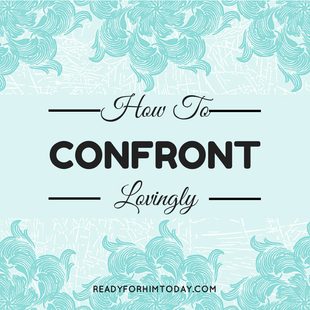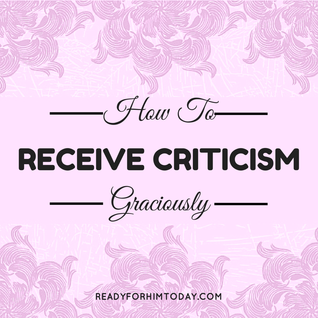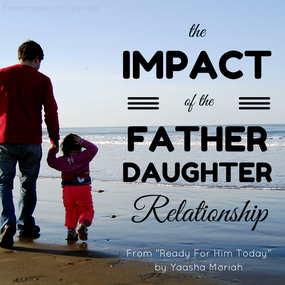 As I shared in "How to Receive Criticism Graciously," conflict is something that many women find intensely uncomfortable and difficult to handle. In a discussion with several ladies, I heard the same fears expressed by multiple women. "How do you tell someone that they're wrong?" one woman asked. "I always worry that it's going to hurt the relationship." "I hate confrontation," another woman shared. "Even the word 'confrontation' bothers me. It seems harsh and unkind." Fortunately, there are ways to approach confrontation that can be effective and even strengthening to a relationship. Here are a few ideas:
1 Comment
 Recently, a group of ladies and I got into a discussion about conflict and confrontation. Several of the women expressed their extreme discomfort with any kind of conflict. "I just break down and cry," one shared. "I don't know how to handle negativity." We women struggle with two main areas of potential conflict:
Fortunately, there are ways to receive criticism graciously and to confront others lovingly. Today, I'd like to focus on the first area: How to receive criticism without letting it spoil your day.
Many years have passed since that awkward attempt, and I’ve learned a few things along the way. Here they are:
 In one of the autobiographical stories by Scottish veterinarian James Herriot, he describes how he courted a beautiful young woman named Helen. Jim was impressed with Helen’s kindness toward her aging and lonely father, whose wife had died some years before. Jim then reminded his young male readers that, when they consider a woman for marriage, they should take a passing glance at how she treats her father, because that is how the woman will treat her husband someday. Jim’s instincts were right, because the kindness, respect, and skill that Helen had given to her father were brought into her marriage with Jim.
 I am a perfectionist. And, as a perfectionist, I often fall into the trap of believing that what I do or what I give must be perfect--or very close to perfect--before it is of any value. If I give of my time to someone, I want to be able to give a lot of it; what good is a half-hour? If I write a book or a story or a blog post or a poem, I want every word to be in place before I share it; what can someone gain from an imperfect thought? If I write a letter, it must be an "epic tome"; who would be encouraged by a short note?  Many people feel awkward when they learn that a friend has had a miscarriage. How should they respond? What should they say? How do they balance between acknowledging the loss and giving encouragement and hope for the future? What is the emotional impact of losing a child that she never even felt or saw? Is this something that is over with quickly, or something that hurts forever? For those who want to help, but don't know what to do, here are some insights and suggestions.
|
Meet YaashaNone of my life has gone the way it was "supposed to go," but I don't love my life any less because of the hardships and new directions. I see so much unexpected good in it, and I want others to see the good in theirs. Archives
May 2020
Categories
All
|






